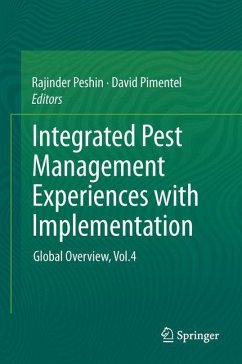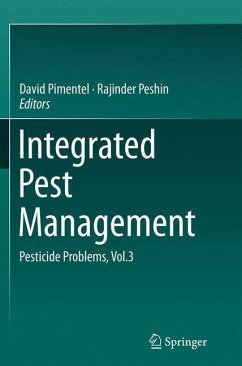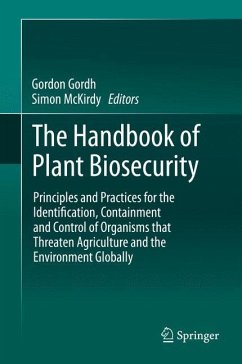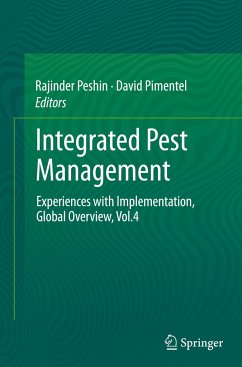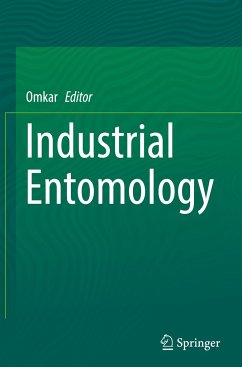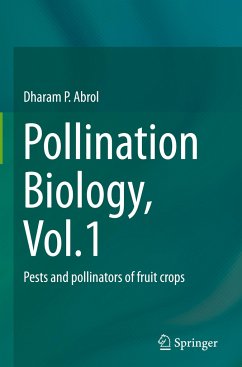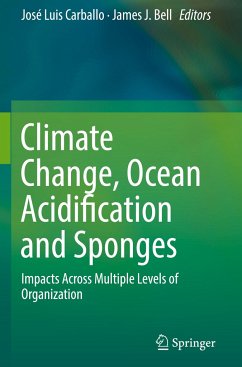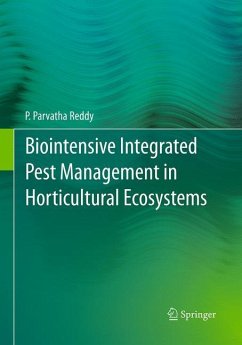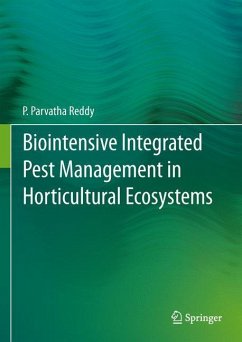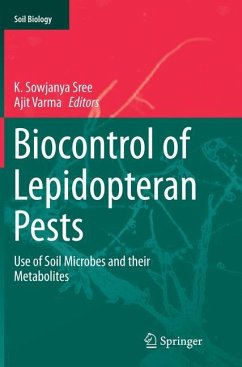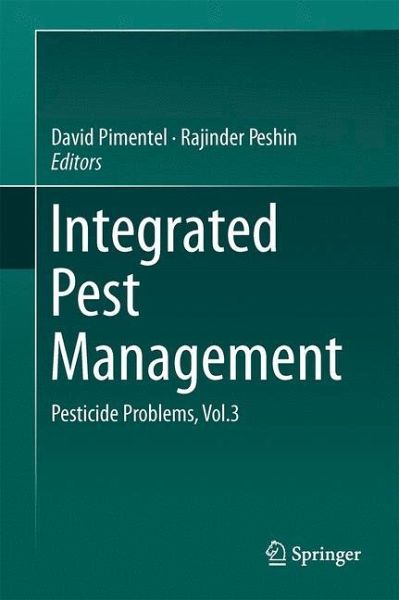
Integrated Pest Management
Pesticide Problems, Vol.3
Herausgegeben von Pimentel, David; Peshin, Rajinder

PAYBACK Punkte
77 °P sammeln!
The book deals with the present state and problems of integrated pest management as relating to stakeholder acceptance of IPM and how integrated pest management can become a sustainable practice. The discussions include using less pesticides and the possibility of eliminating pesticides from agricultural practice.





